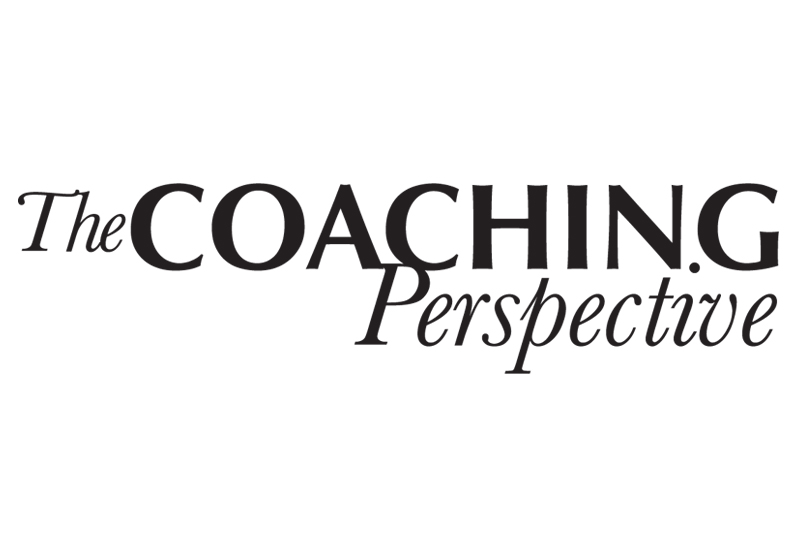
Coaching Skills Are Not The Same As Business Skills
I wonder if there is a common DNA strand that all good coaches have in common? I am not referring to the scientific DNA but rather to your professional DNA.
Wiki says that DNA is a molecule that carries the genetic instructions used in the growth, development, functioning and reproduction of all known living organisms. So, what are your unique instructions that are used in your business growth, development, functioning and coaching?
The following are the coaching DNA skills that I think all good coaches have in common. They include; curiosity, good listener, good communicator, patience, ability to get the client to believe in themselves, ability to look at things from different perspectives, create a safe environment, emphatic and tuned into the feelings of the client, motivator, committed to the client’s success, willing to speak the unpopular thoughts, non-judgmental, inspire others, willing to hold the client accountable.
If we look at the things that make up our professional DNA the list would probably include many things that are not essential to coaching. One of the interesting things about the scientific DNA is that a large part of it (more than 98% for humans) is non-coding, meaning that these sections do not serve as patterns for protein sequences. The business skills that are not on my coaching DNA list are; knowledge of the client’s business, expertise in the area of the client’s problems, decision maker, need to lead, need to win, competitive, need for public acknowledgement, and the list could go on.
I think that what confuses some coaches is that fact that the potential client is usually judging us on our non-coaching DNA skill set. Since they are not sure how to evaluate if you are a good coach, they resort to evaluating your business skills (DNA) or experience. This then has a tendency to carry over into the coaching where they expect you to share or teach those business skills.
This is like the old story about giving a man a fish or teaching him how to fish. If we give the client the business answer the only value they have is how to solve that one problem if it ever comes up again. But if we use our coaching skills (DNA) to show them how to solve the problem themselves, then they have a tool that can be used over and over to solve many types of problems.
Coaches need to recognize that what may be important in the sales conversation is not what is important in the coaching conversation. Sell your non-coaching business DNA skills when necessary, but practice your coaching DNA skills at all times with the client.


